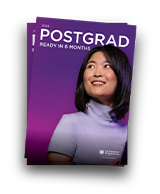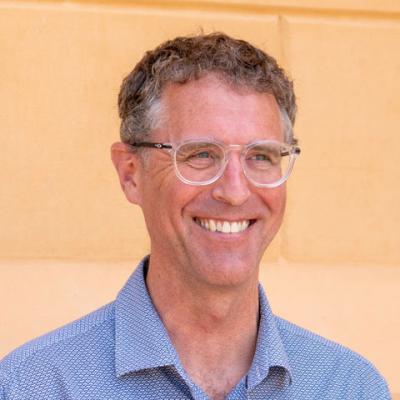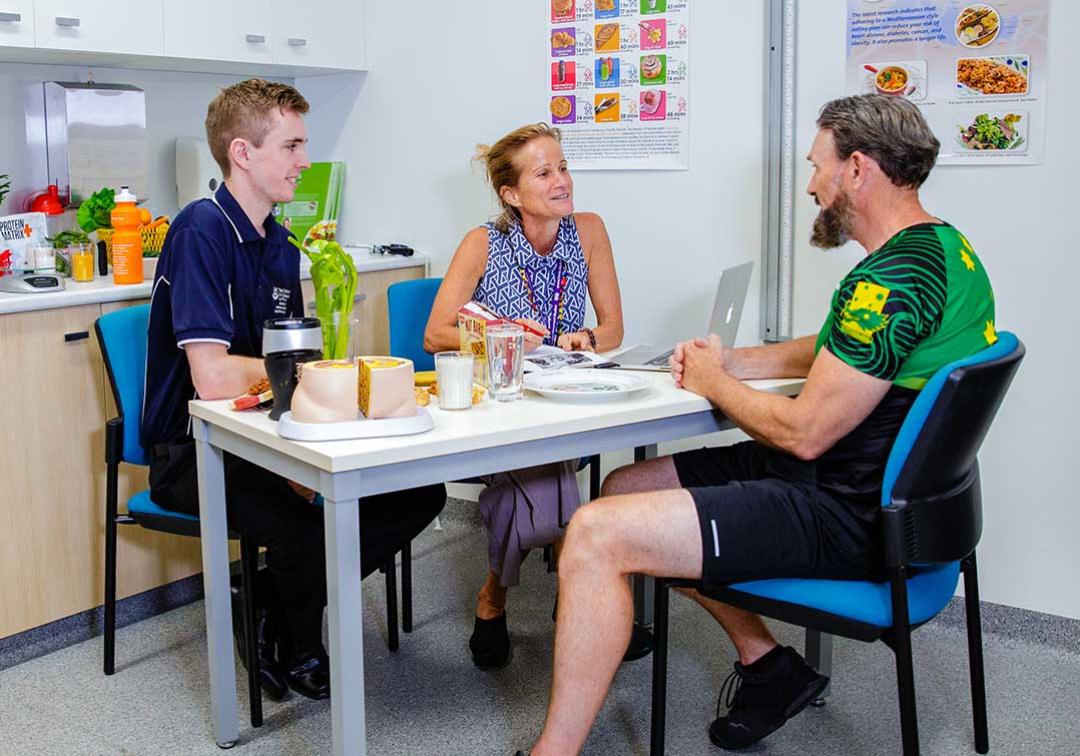
Master of Environmental Health Sciences
Overview
Examine environmental health risks facing the modern world and develop the ability to manage these complex health challenges in the Master of Environmental Health Sciences.
Population growth, globalisation and climate change are among the most challenging issues of our time. These issues, coupled with emerging or re-emerging environmental health risks and threats to human health, put governments, industry and communities under pressure to adapt and apply sustainable solutions.
This 2 year program will equip you with the knowledge and skills to identify and resolve complex environmental health risks. You'll learn to confidently communicate the risks and mitigation options to a range of stakeholders across the private sector, government and general public. You'll also be prepared to formulate or contribute to the development of policy, regulations and guidelines, through the synthesis of scientific evidence.
During the program, you'll complete advanced-level courses that cover key areas of environmental health risk assessment and communication. You'll also undertake a research project on a relevant topic, interpret results and report on your findings. The program supports flexible delivery options that allow you to choose what suits you best, including full-time, part-time or online study.
You'll graduate with a respected qualification that will open the door to more career opportunities, with highly-sought skills that will prepare you for management positions across a range of relevant industries.
Program highlights
- Prepare yourself for a wide variety of roles and responsibilities across a number of employment sectors.
- Learn from a broad range of UQ experts while undertaking courses tailored to your specific needs.
- Choose the flexible delivery option that suits you best, including full-time, part-time or online.
How you'll learn
Your learning experiences are designed to best suit the learning outcomes of the courses you choose.
- Lectures
- Tutorials
- Online study
- Research experience
- Fieldwork
What you'll study
At UQ, degrees are called 'programs' and subjects are called 'courses'. Here's a sample of the courses you could study in this program:
- Risk Communication
- System Dynamics
- Introduction to Epidemiology
- Introduction to Biostatistics
Career possibilities
Postgraduate study can take you anywhere. Here are some of the careers you could be on your way to:
- Environmental systems specialist
- Environmental scientist
- Senior research technician
- Environment reporting and analysis specialist
- Environment consultant
- Sustainability manager
- Sustainability adviser
- Community and sustainability manager
- Regulatory affairs associate
- Principal environmental officer
Stories
See all stories
Study tips
Study environmental conservation as a postgrad at UQ
5-minute read
UQ people
Meet the expert: exploring nutrition education with Dr Olivia Wright
4-minute read
Stories
See all stories
Study tips
Study environmental conservation as a postgrad at UQ
5-minute read
UQ people
Meet the expert: exploring nutrition education with Dr Olivia Wright
4-minute read
Entry requirements
Entry requirements
To be eligible for entry, you'll need:
- a bachelor's degree (or equivalent) in a relevant discipline (see below), or
- a bachelor's degree (or equivalent) in any discipline, plus 1 year full-time equivalent relevant work experience in an environmental health-related setting, or
- a graduate certificate or graduate diploma (or equivalent) in a relevant discipline (see below).
You must have a grade point average (GPA) of 4.0 on a 7-point scale in your previous qualification.
- a bachelor's degree (or equivalent) in a relevant discipline (see below), or
- a bachelor's degree (or equivalent) in any discipline, plus 1 year full-time equivalent relevant work experience in an environmental health-related setting, or
- a graduate certificate or graduate diploma (or equivalent) in a relevant discipline (see below).
You must have a grade point average (GPA) of 4.0 on a 7-point scale in your previous qualification.
Relevant disciplines for previous qualifications
Relevant disciplines include nursing, paramedicine, environmental technology, medicine, environmental management, public health management, environmental science, science and health sciences.
Related programs
Depending on your previous qualifications and current goals, you might want to consider
one of these related programs:
English language requirements
IELTS overall 6.5; reading 6; writing 6; speaking 6; listening 6. For other English Language Proficiency Tests and Scores approved for UQ
TOEFL iBT (including Paper Edition) - Overall 87, listening 19, reading 19, writing 21 and speaking 19.
PTE Academic - Overall Score of 64 and 60 in all sub bands.
BE - A minimum overall grade of 4 plus a minimum grade of C in all macro skills.
CES - Overall 176 and 169 in all sub bands.
OET is not accepted.
There are other ways to meet the English language requirements. For some programs, additional conditions apply.
Student visas
International students who are accepted into full-time study in the Master of Environmental Health Sciences are eligible to apply for an Australian student visa (subclass 500).
There are a number of requirements you must satisfy before a visa is granted, including the Genuine Student (GS) requirement.
Fees and Scholarships
Indicative annual fee
Approximate yearly cost of tuition (16 units). Your fees will vary according to your selected courses and study load. Fees are reviewed each year and may increase.
$11,070
2024
Fee information for 2025 is not yet available. Fee information displayed is for 2024.
$11,070
2025
Approximate yearly cost of full-time tuition (16 units). Your fees will vary according to your study load. Fees are reviewed each year and may increase.
AUD $47,200
2024
Fee information for 2025 is not yet available. Fee information displayed is for 2024.
AUD $47,200
2025
Government assistance
Financial aid
As an international student, you might be eligible for financial aid – either from your home country, or from the Australian Government.
HECS-HELP
Domestic places in the Master of Environmental Health Sciences are Commonwealth Supported. This means the cost of your education is shared between you and the Australian Government.
Instead of tuition fees, Commonwealth Supported students pay what are called student contribution amounts.
HECS-HELP is an Australian Government loan scheme to assist eligible students with the cost of their student contribution amounts.
Centrelink support
The Australian Government offers a number of income-support payments to eligible Australian university students.
Scholarships
You may be eligible for more than 100 scholarships, including:
How to apply
Applying online
All international applications should be submitted to UQ. If you prefer, you can use an approved UQ agent in your country.
The program code for the Master of Environmental Health Sciences is 5704.
Find out more about applying for postgraduate coursework study
Applying online
All domestic applications should be submitted to UQ.
The program code for the Master of Environmental Health Sciences is 5704.
Find out more about applying for postgraduate coursework study
Important dates
The closing date for this program is:
- To commence study in semester 2 - May 31 of the year of commencement.
- To commence study in semester 1 - November 30 of the previous year.
To learn more about UQ dates, including semester start dates, view the Academic Calendar.
Important dates
The closing date for this program is:
- To commence study in Semester 1 - January 31 of the year of commencement.
- To commence study in Semester 2 - June 30 of the year of commencement.
To learn more about UQ dates, including semester start dates, view the Academic Calendar.
Aboriginal and Torres Strait Islander applicants
For support with applying – or if you have any questions about university life – get in touch with our Aboriginal and Torres Strait Islander Studies Unit.
Explore other programs
Express yourself. And your interest.
They say choosing a degree is hard, which is why we've made it easy. Register your interest and we'll send you everything you need to know about applying to UQ.




